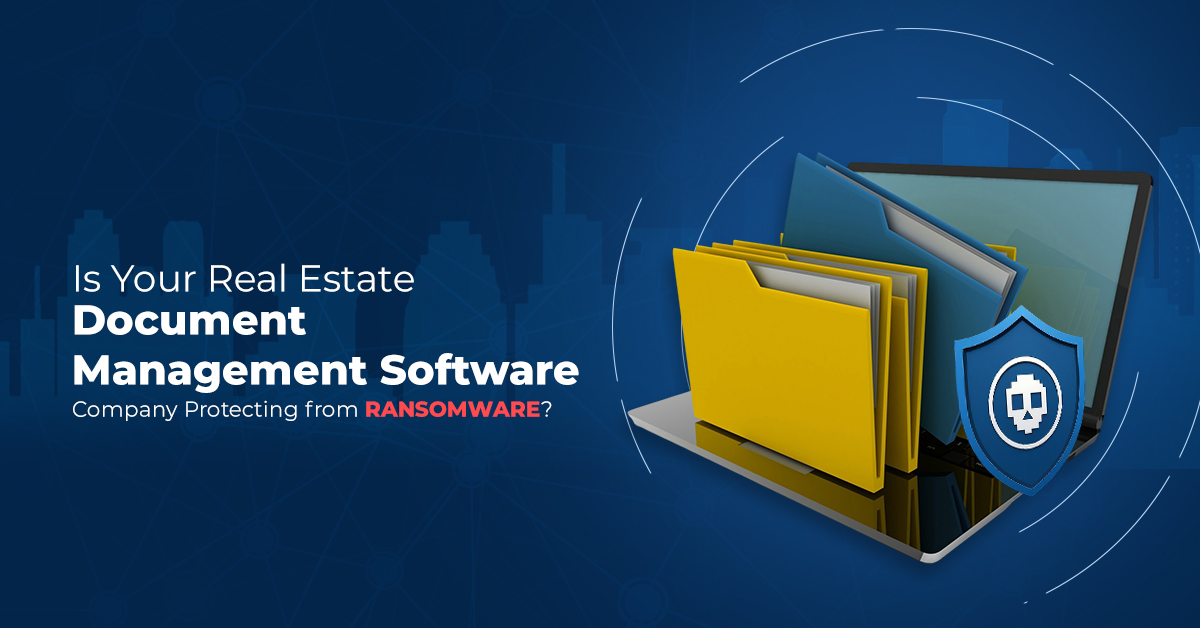Government agencies are under pressure to securely maintain historical records and documents while keeping their processes aligned with regulatory standards. If your government organization relies on paper documentation, meeting deadlines may prove challenging, and having to handle paperwork manually can slow productivity and results. This has long been the assumed status quo of government agency workflows, but that status quo is changing.
Though government document tracking systems are very similar to document management systems and are often included as a feature of a DMS, they are not synonymous. The main difference is that document tracking has a more specialized focus (tracking), whereas document management systems provide a broad range of features, including collaboration, document sharing, and transferring.
Why should you track your documents?
There are many reasons you should track your business’s documents. First and foremost, it provides a significant opportunity to optimize your daily operations by speeding up the process of filing as well as providing you with critical data about your business. A document tracking system can automatically collect data on your customers, clients, investors, and competitors and reveal how your employees use (or don’t) the documents you send out to them.
These are some things your DTS can tell you:
- Who opened the document?
- When they opened it?
- How far did they read before closing it?
- How often do they open it?
These are some additional benefits of a DTS:
- Security: Tracking your documents provides protection, primarily if your business frequently deals with essential or confidential information. You will have complete control over who accesses a copy and can see exactly who viewed it, who has made changes when those changes were made, and whether the document was sent to anyone.
- Productivity: Tracking your documents allows you to see edits, which can help you keep your team on track and the same page.
- Audit trails: Document tracking makes it incredibly easy for your company to create an audit trail by automatically keeping track of all changes made to each document, complete with timestamps.
- Accessibility: Many document tracking systems enable access to your documents from anywhere and from any device, allowing you and your employees to make changes anytime.
- Low environmental footprint: A document tracking system helps your company go paperless, which benefits both you and the environment by eliminating your mounds of hard copies.
- Third-party integrations: A document tracking service enables you to integrate with other productivity-boosting applications, such as your CRM, accounting software, or calendar. This allows a seamless transfer of information across all facets of your organization.
![]()
Key document tracking system features
When you’re choosing a document tracking service, there are a few features you should look for. Before you begin your search, list all the features you think you might need and categorize them into “must have,” “would like to have,” and “could live without” to help you make your decision.
Here are a few key features you should look for:
- Document storage: A DTS will store all your company’s documents in one centralized place, making for easy search and retrieval. Many systems use cloud storage, which adds an extra layer of security for your documents.
- Document processing automation: Document tracking software makes it easy to process your documents with a built-in processor, which can speed up your workflows. This typically includes importing and exporting data from Microsoft Office or Excel.
- Document security: This is a significant feature if you work in a field that often deals with sensitive information, such as healthcare or legal services. Document security allows you to control access to documents, and some systems can even automatically follow necessary regulations under HIPAA, Sarbanes-Oxley, FDA Good Manufacturing Practices, or ISO 9000/9001.
- Disaster security and recovery: It is vital to find a software company that prioritizes protecting your information and files since a data breach or storage issue could be disastrous for your business. Look for a provider with an established, flexible plan that can adjust to fit your unique needs.
- Version control: Also known as versioning, version control allows users to safeguard and track changes made to documents within your document management system. Version control ensures that all new edits are tracked and saved and that older versions of documents are archived in the system for reference.
- PDF document editor: This feature will make it seamless and easy to edit PDF documents and add text, checkboxes, text boxes, or other customizations.
- Bulk upload: If you often need to upload many documents at once, this feature can make the process much faster and more efficient by allowing you to complete the upload with one click.
- Mobile access: This feature is excellent for companies that have remote employees or workers on the go. It allows you to access documents from any device, including laptops, desktops, tablets, and mobile phones.
- Advanced search: If your company deals with large volumes of files each day, an advanced search feature can make your day-to-day life much easier by locating files in an instant, allowing you to search by document type, metadata, or company-specific information. This process is also referred to as indexing.
At SFT Dox, we focus on providing the right solutions to protect your files, encourage cooperation, and empower your people. Our solution lets your agency speed up document intake and enables your team to work, share, and access documents from anywhere. Contact us today!










